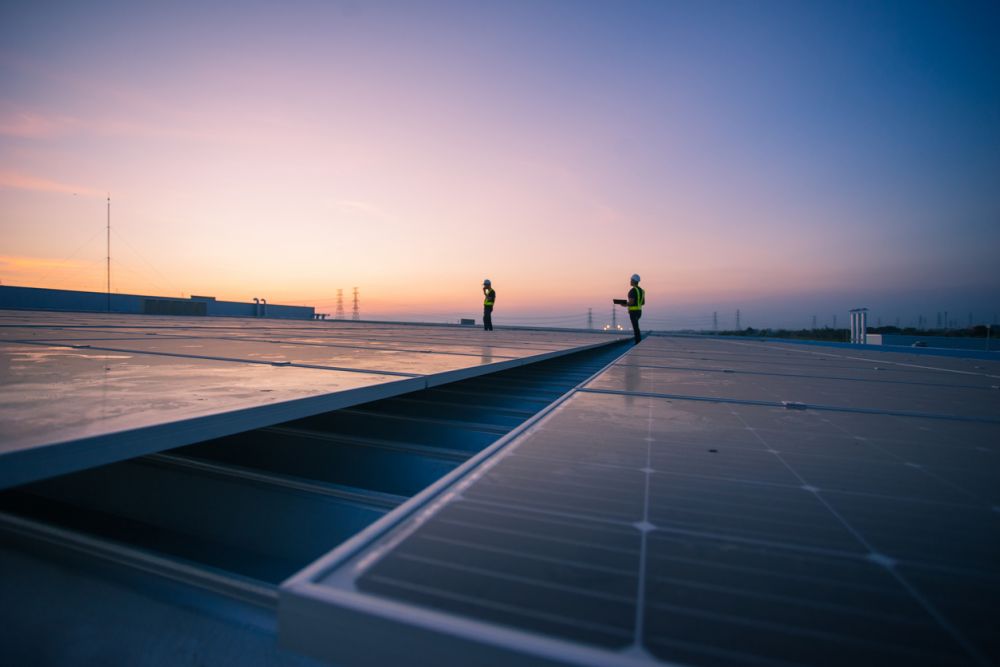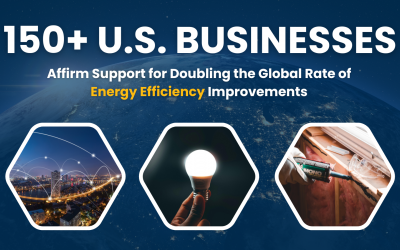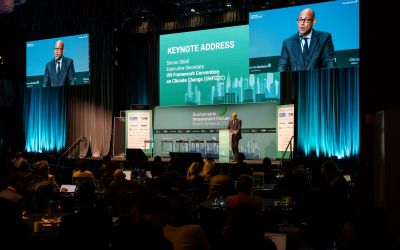UN Report: Clean Energy Surges Ahead as Fossil Fuels “Flail and Fail”
A new UN-backed report highlights a growing shift in the global energy landscape, with fresh data showing clean energy investment outpacing fossil fuels and renewable technologies becoming consistently more cost-effective worldwide.

The report, Supercharging the New Energy Era of Renewables, Efficiency and Electrification, outlines how the global energy landscape has dramatically shifted since the Paris Agreement was signed a decade ago, with UN Secretary-General António Guterres declaring that, “The fossil fuel age is flailing and failing. We are in the dawn of a new energy era.” Clean energy investment hit $2 trillion last year and therefore attracting $800 billion more than fossil fuels, a growth of 70% in the past ten years.
The findings underscore a clear economic case for renewables. According to new data from the International Renewable Energy Agency (IRENA), more than 90% of new renewable energy projects worldwide are cheaper than the lowest-cost fossil fuel alternatives. Solar power is now 41% cheaper, while onshore wind comes in at less than half the cost of fossil generation.
“This transformation is fundamentally about energy security and people’s security. It’s about smart economics,” said Guterres in a speech launching the report in New York.
With energy demand rising, driven by cooling needs and the explosive growth of AI and data centres, Guterres urged countries and tech companies alike to act decisively. He called on major tech firms to commit to sourcing 100% of their electricity from renewables by 2030.
The report sets out six key recommendations to accelerate the clean energy transition:
1. Provide policy coherence, clarity, and certainty — governments should align policies, incentives, and resources to accelerate the just energy transition.
2. Invest in enabling infrastructure for the 21st century energy system.
3. Meet new electricity demand with renewables, especially for rapidly growing sectors like Big Tech — in particular for Artificial Intelligence (AI) and data centres.
4. Place people and equity at the heart of the just energy transition to drive inclusive economic development.
5. Supercharge the transition by increasing cooperation on trade and investment.
6. Dismantle structural barriers to mobilize energy-transition finance for developing countries
Despite the positive momentum, challenges remain. Investment in electricity grids lags behind generation capacity, and fossil fuel interests continue to wield political influence in countries such as the US, China, and India. Sub-Saharan Africa continues to lag behind significantly, home to 85% of those without electricity. Installed renewable capacity in the region averages just 40 watts per capita, compared to over 1,100 watts in high-income nations. Meanwhile, the number of people without clean cooking in the region is increasing by 14 million annually.
Still, the message from the UN is optimistic: the shift to clean energy is not only inevitable, but well underway. Now, world leaders must seize the opportunities to scale it up.
Read the UN SG’s speech and report here






